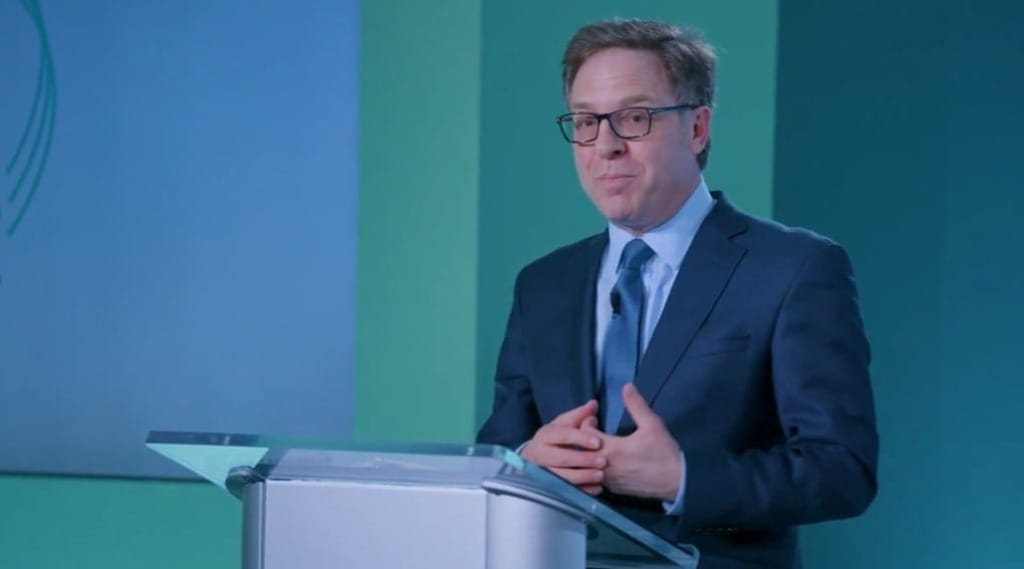NTIA Head Calls GOP Criticism of BEAD 'Election-Year Politics'
He pointed to FCC's implementation of the Rural Digital Opportunity Fund under Trump as as a cautionary example.
Jericho Casper

WASHINGTON, Oct. 22, 2024 – The head of a federal agency responsible for expanding internet access across the U.S. is pushing back against GOP critics who say the Internet for All effort has been plagued by waste and mismanagement.
Alan Davidson, chief of the National Telecommunications and Information Administration in the Commerce Department, dismissed Republican criticisms of the Biden administration’s $42 billion broadband expansion program as "election-year politics" during a Politico Tech podcast.
“It's probably not surprising, given the political season, that we're starting to hear criticisms that we hadn't heard before,” Davidson remarked Thursday.
Recent attacks have shifted toward Democratic nominee Vice President Kamala Harris, who has been dubbed the "Broadband Czar" by Republicans like Sen. John Thune, R-S.D.
Thune criticized the BEAD program in September, saying, “Three years and $42 billion later, not one person has been connected to the internet," calling it “another example of the failure of the Biden administration.”
Davidson claimed that despite the political criticism, the program remained on track with its timeline to bring high-speed internet to all Americans by the end of the decade. He attributed any delays to careful planning rather than mismanagement.
“There's a reason why we've built this program this way, which is to make sure that we aren't repeating the mistakes that have been made in past broadband programs,” Davidson said.
He pointed to the Federal Communications Commission’s Rural Digital Opportunity Fund – implemented under former Federal Communications Chairman Ajit Pai – as a cautionary example.
“That was a program that was implemented in a hurry at the end of the last administration by an FCC that did not take the time to build good maps, did not take the time to have good data, was not careful about making sure that the providers who got the money, were going to be able to follow through,” Davidson said.
As a result, RDOF left 1.7 million families without promised broadband, Davidson said. Additionally, the FCC withdrew $885 million in funding from Starlink, which had been set to serve 640,000 rural homes and businesses across 35 states under the RDOF program, citing concerns over the company's ability to meet performance requirements. Davidson emphasized NTIA was “committed to not making those same mistakes.”
In response to political concerns, Davidson said “I've been a little surprised, because we know that this program has bipartisan support. Everywhere I go, people feel that they need better broadband,” he said. “I’ve talked to some of the most conservative governors, all of whom care about connecting everyone in their state.”
One such state was Texas, the last of the 56 states and territories to have its final BEAD plan approved. Texas faces unique challenges due to the vast number of unserved locations within the state.
With the largest allocation of BEAD funds expected, $3.3 billion, Texas has been slower to finalize its proposal. Davidson explained that the complexity of the state’s plan stemmed from its massive rural population. He said he was optimistic that Texas' approval was imminent, and would allow the state to move forward with expanding broadband access.
“In the end, I’m not that concerned about the future of this program,” he said. While he acknowledged he couldn’t predict what a future administration might do, Davidson emphasized, “I have seen the commitment from people across the political spectrum to making sure those connections get built.”









Member discussion